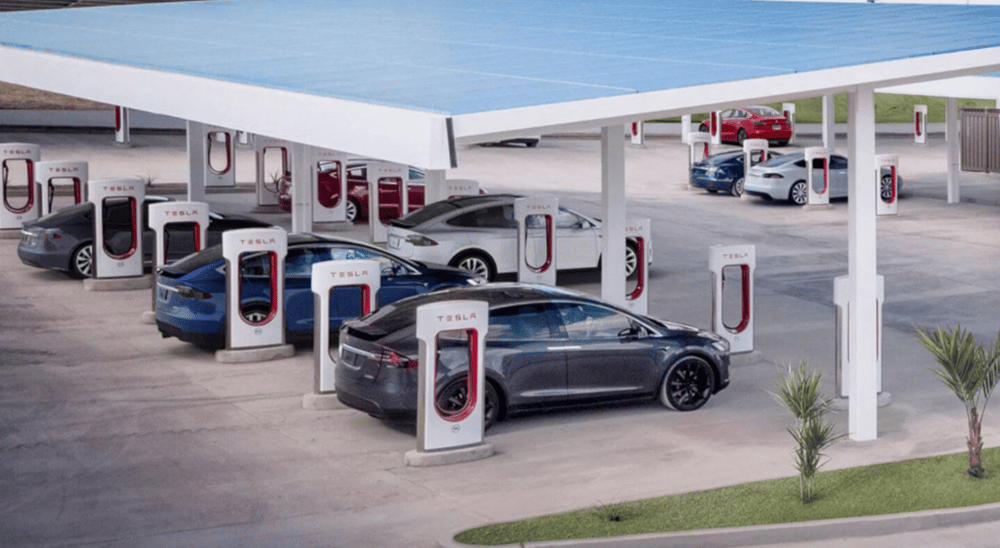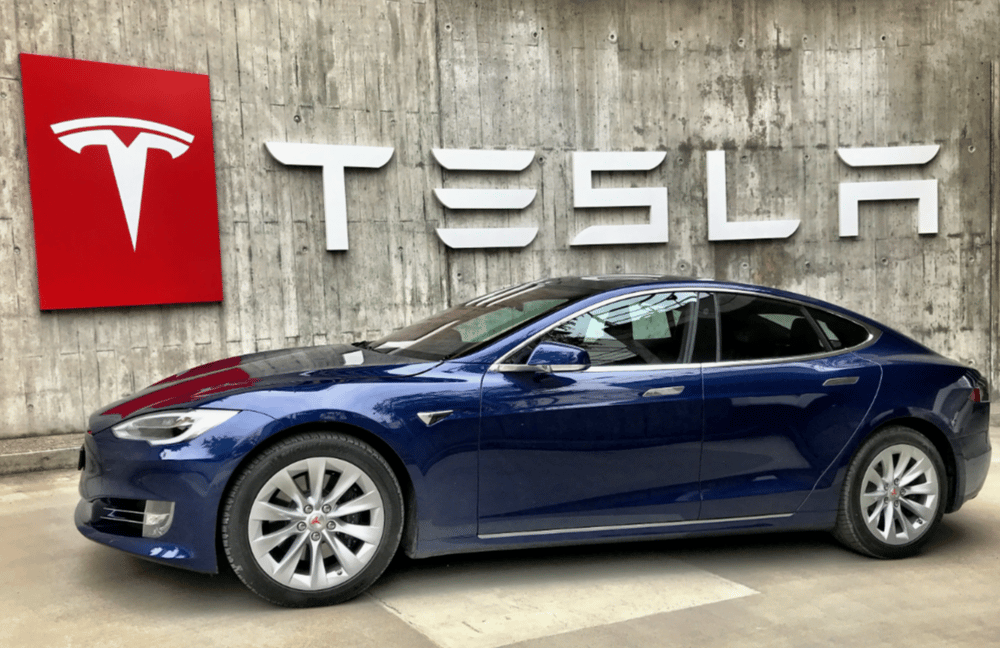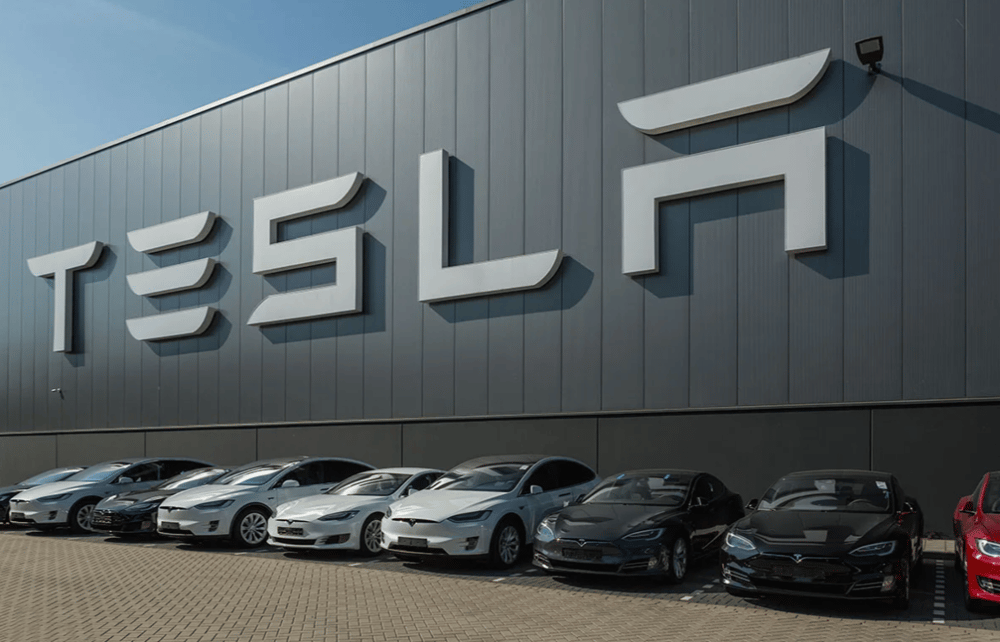Tesla Declines EV Manufacturing in India Despite Policy Shift Favoring Foreign Automakers
India, the world’s third-largest automotive market, has officially enacted a long-awaited electric vehicle (EV) policy aimed at incentivizing global automakers to localize EV production. The policy, which lowers import tariffs for manufacturers that commit to domestic investment, was seen as a direct overture to Tesla Inc. $TSLA. However, India’s federal government confirmed Monday that Tesla has decided not to pursue local EV production, leaving room for competitors such as Mercedes-Benz $MBG.DE and Volkswagen $VOW.DE to gain early-mover advantage in the subcontinent’s burgeoning EV landscape.
The new framework is expected to reshape foreign direct investment in India's EV sector, where policy has long been hampered by high import duties, complex regulatory timelines, and inconsistent industrial planning. Tesla's decision not to participate marks a pivotal moment, testing India’s ability to attract global tech-driven manufacturers despite more favorable tax structures.
Strategic Pullback from Tesla and Shifting Market Dynamics
India’s revised EV policy lowers import tariffs significantly — a key barrier Tesla CEO Elon Musk had cited in the past. Previously, import duties on EVs could reach up to 100%, rendering even mid-range models unaffordable to Indian consumers. Under the new guidelines, foreign automakers agreeing to invest in local production within three years can import a limited number of EVs at reduced tariff rates as low as 15%.
Despite this concession, Tesla has opted out, signaling either strategic realignment or concerns about long-term scalability in India’s highly price-sensitive market. Industry analysts speculate that Tesla’s focus remains concentrated on North America, China, and Europe — markets where production capacity is already established, and demand fundamentals are better aligned with Tesla’s premium pricing.
Meanwhile, Mercedes-Benz and Volkswagen, both of which have a stronger presence in India’s automotive ecosystem, have expressed strong interest in participating under the new regime. Their willingness to engage may shift the competitive landscape in India’s nascent EV sector, particularly in the luxury and upper mid-tier segments.

India’s EV Market and Tesla’s Withdrawal
India's EV policy finalized in June 2025, offering lower import taxes for firms that commit to domestic production
Tesla declines to participate, despite previously showing interest
Mercedes-Benz and Volkswagen are among foreign automakers planning engagement
The policy includes a cap on tariff reductions, linked to investment commitments
India’s EV market projected to grow at >30% CAGR over the next five years
Market Reaction and Industry Commentary
Tesla’s decision triggered mixed responses across financial markets and the automotive sector. While Tesla stock remained flat in early trading on Monday, analysts noted that declining to enter India may reflect internal prioritization rather than a blanket dismissal of the market’s potential. Still, the symbolic loss for Indian industrial policy has drawn attention.
Domestic automakers such as Tata Motors and Mahindra Electric may benefit from Tesla’s absence in the short term, giving them breathing space to scale and build brand equity. Meanwhile, Volkswagen and Mercedes-Benz, already navigating India's automotive regulation, appear poised to secure incentives and carve out market share.
Experts caution, however, that market success will depend not only on policy alignment but also on infrastructure investment, including EV charging networks, battery supply chains, and consumer financing availability — areas where India still lags behind.

What This Means for India’s EV Ecosystem
Tesla Exit Leaves Competitive Vacuum — Opportunity for legacy automakers to shape the premium EV narrative in India.
Policy Success Now Tied to Execution — Lower tariffs alone won’t attract sustained FDI without infrastructure scaling.
India’s Industrial Credibility at Stake — First major test of India’s global investment proposition under its EV policy.
Mercedes-Benz and Volkswagen Gain Ground — Strategic positioning in India bolstered by policy engagement.
Long-Term Market Still Attractive — Despite Tesla’s retreat, India’s EV growth trajectory remains strong through 2030.
Tesla's Absence Reshapes India’s EV Ambitions, But Momentum Continues
While Tesla’s absence from India’s EV production roadmap is a symbolic setback, the broader implication is one of opportunity redistribution. The Indian government’s ability to attract Mercedes-Benz, Volkswagen, and potentially other global players now becomes a central measure of success.
India’s new EV policy represents a significant evolution in trade and industrial strategy — one that attempts to balance global competitiveness with domestic capacity building. Tesla’s decision may have removed a headline name from the narrative, but the policy’s framework remains intact and active. What follows is a critical execution phase that will determine whether India can establish itself as an EV manufacturing hub or remain a consumption-led outpost in the global transition to electric mobility.















Comments
Automation is becoming a key driver in shaping the next wave of technological advancement
A bold step like this reinforces automation as a cornerstone of technological evolution